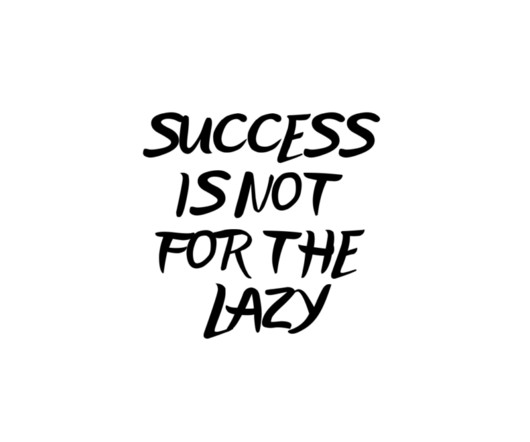5 Reasons Children Bully and How Parents Can Help
KVC
OCTOBER 27, 2021
Both children who bully and targets of bullying are at a greater risk for mental and behavioral health issues, including anxiety, depression, substance abuse, sleep difficulties, lower academic achievement and dropping out of school. Words can hurt. Why Do Kids Bully? . The reasons children bully can be difficult to pinpoint.












Let's personalize your content